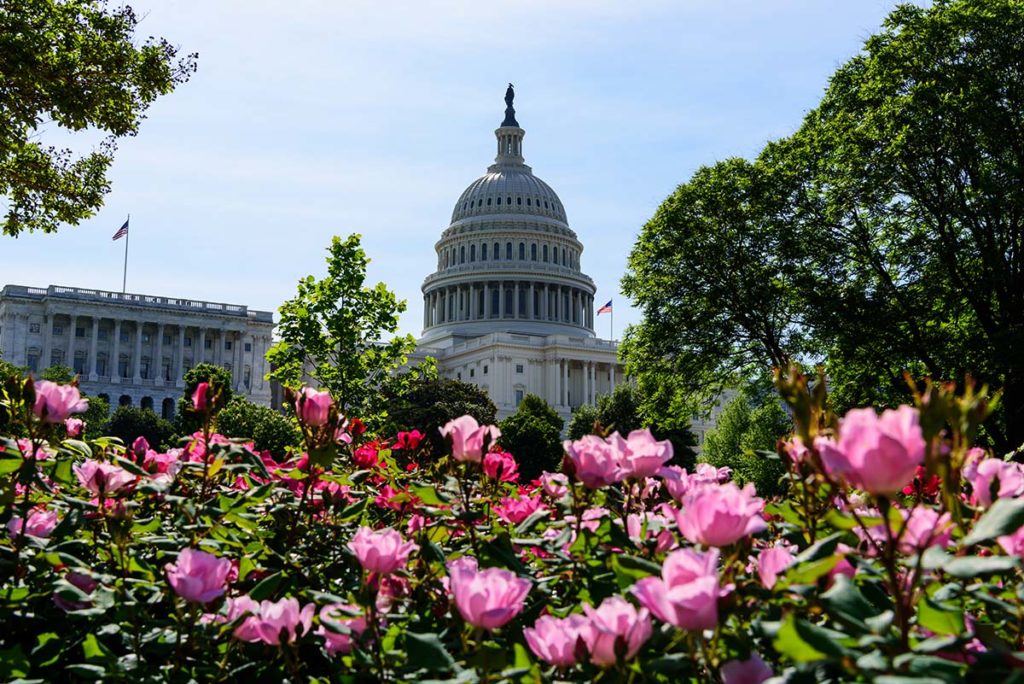

As America moves to electrify more of its economy, electric cooperatives and other utilities will need to generate more electricity. But that’s difficult to do as plants fueled by always-available power shut down, NRECA CEO Jim Matheson said Wednesday during an Axios event focused on the future of energy.
The event was sponsored exclusively by NRECA and is part of the association’s ongoing effort to elevate the reputation of electric cooperatives inside the Capital Beltway.
“Lowering the overall carbon footprint in this country means we’re going to electrify more and more of our economy,” Matheson said during the virtual event, which also featured Sen. Michael Bennet, D-Colo., and Rep. Bob Latta, R-Ohio. “We need to be making a lot more electricity, but instead, we are reducing our capacity with the shutdown of power plants.”
Solar and wind power can be an important part of a broader energy portfolio, but they are only available part of the time, Matheson said. “At the end of the day, you need power that is there all the time, and that’s going to be nuclear or coal or natural gas.”
The North American Electric Reliability Corp., in its recent long-term grid reliability assessment, said that aggressive government efforts to reduce carbon emissions are among the factors increasing the risks to grid reliability.
“The report said we’re facing greater risk in 2022, and those risks are only going to increase in future years as demand grows, partly driven by extreme weather events,” Matheson said. “And, at the same time, the report said the country is experiencing, in their words, ‘the disorderly retirement of baseload power plants.’
“Electric cooperatives have worked to amplify the NERC report to make sure policymakers, both at the federal and state level, understand that the policy decisions that people are going to make have an impact on the grid … We want to make sure they understand that reliability should be a key focus in all of their policy recommendations.”
Matheson said electric co-ops will benefit greatly from two major pieces of legislation passed by Congress.
The Infrastructure Investment and Jobs Act passed last fall “has so many different programs that offer funding to build better resilience into the electric system, both on the generation side and on the transmission and distribution side,” he said.
And just last month, Congress passed a budget bill that provides direct-pay tax credits for electric co-ops to deploy energy technologies, including carbon capture, nuclear, energy storage, renewables and more. For-profit utilities have had access to tax incentives for decades, but the credits had been out of reach for co-ops since most don’t pay federal income taxes.
“Those two pieces of legislation give us new tools, more flexibility, more investment capacity for our systems,” Matheson said. “And if we project out 10, 20, 30 years from now, people are going to look back at these two pieces of legislation as having tremendous significance in terms of building out a more reliable electric grid.”
Erin Kelly is a staff writer for NRECA.